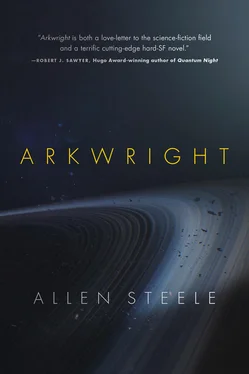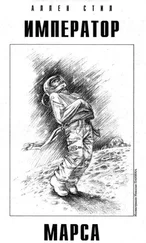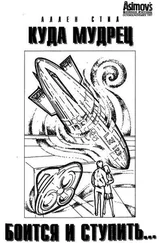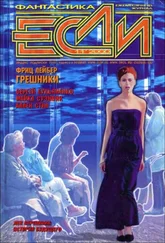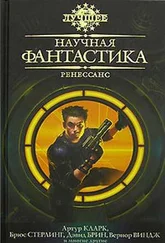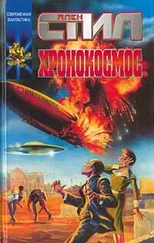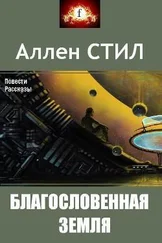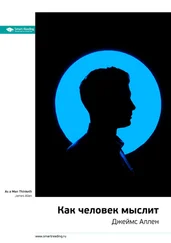For Greg Benford and Jim Benford
He awoke and knew that he was dying.
He didn’t know why he woke up at all. He should have passed away without ever regaining consciousness, effortlessly slipping from sleep into death. Yet something—perhaps the arrhythmic beating of his heart or the abrupt shortness of breath, or maybe just a realization from deep within his subconscious mind that his final hour had come—caused him to open his eyes for one last time.
He lay alone in his darkened bedroom with only the sullen red glow of a night-light near the door for company. No one else had shared his bed since his wife died more than thirty years earlier, but in this moment, he missed her more keenly than ever before. Judith would have held his hand just as he’d held hers, stroked his cold forehead, spoken quiet words of comfort … but she wasn’t there, and never having been a religious man, he had no faith in the notion that he’d soon be reunited with her.
His chest was in agony. No surprise. His doctors had told him months earlier that cardiovascular disease brought on by a lifetime of cigarettes and infrequent exercise had deteriorated his heart to the point that he probably wouldn’t make it to the end of the year, if a seizure didn’t take him before then. Surgery wouldn’t have solved anything; at best, it would have prolonged his life for only a little while. Judith had passed away in a hospital, and the memory of those awful last weeks had decided things for him. He’d go home and wait for the end there.
And now it had come.
A buzzer rested on the bed beside his right hand. Sterling, his live-in housekeeper, had insisted upon having it installed. One touch of its big red button, and Sterling would wake in his bedroom on the other side of the house. But his housekeeper would only dial 911, and even if an ambulance arrived in time, it would have just meant that he would die in a cold, sterile hospital room, with tubes in his nose and an EKG incessantly beeping above his head and fluorescent lights in his eyes, instead of here, in warm and silent darkness. A dignified death. He left the buzzer alone.
His breath was getting shorter, the pain greater. There was a clock on his bedside, but his vision was becoming blurred, and he couldn’t clearly make out the digits. Was it 2:21 or 3:21? Didn’t matter, really. His eyes turned toward the French windows beside his bed. Sterling had wanted to pull the drapes shut, but he’d stopped him. The sky was clear, and the autumn stars were out tonight, and lately he’d enjoyed gazing at them as he fell asleep. The stars had always fascinated him, and he took consolation with the knowledge that Perseus would be his companion in his time of dying.
Where was Hak Tallus? He wasn’t real and never had been, but in this moment, it was easy to imagine him striding across the light-years, blaster at his side and the Galaxy Patrol at his back. Hak was out there, all right … and he felt tears gliding from the corners of his eyes. Tonight, his imagination wasn’t enough. Now, as never before, he wanted to be Hak Tallus.
The pain was no longer as sharp as it had been, but the stars were beginning to dim, and each breath had become a mighty labor. The buzzer was a temptation that he wouldn’t accept. He’d lived long enough. Time to let it go. Besides, he no longer had the strength to find the button and push it. So he gazed at Perseus and took comfort in the fact that, although Hak wasn’t really out there, humankind would nonetheless venture to the stars.
One day.
“Forward the Legion,” he whispered, and then his eyes closed. Very soon after that, he felt nothing more.
No one was around to hear the last words of Nathan Arkwright. But his closest friends would have known what he meant.
Book One
The Legion of Tomorrow
When Kate Morressy’s grandfather died on October 5, 2006, his passing made the front page of the next morning’s Boston Globe. The headline—NATHAN ARKWRIGHT, SCIENCE FICTION PIONEER, DIES—appeared in the bottom-right corner below the fold, and it was the first thing Kate saw when she picked up the paper from the front stoop of her Cambridge apartment house.
Still wearing her robe, Kate stared at the newspaper in her hand for a long time before she carried it back into her apartment. Pausing to pour her first cup of coffee, she lay the paper down on the kitchen table and read the lead:
Nathan Arkwright, the science fiction author best known as creator of the Galaxy Patrol, died Thursday at his home in Lenox, Massachusetts.
Arkwright, 85, is considered to be one of the “Big Four” sci-fi writers of the twentieth century, along with Robert A. Heinlein, Isaac Asimov, and Arthur C. Clarke. His 23 novels and five collections of short stories have been translated into dozens of languages and have sold millions of copies worldwide, and many readers credit him with sparking their interest in science.
Arkwright’s most famous creation was the Galaxy Patrol. Beginning in 1950 with the novel of the same title, it became a long-running series of space adventures that eventually consisted of 17 novels until its final installment, Through the Event Horizon, appeared in 1988. The Galaxy Patrol was the basis for a radio drama, a CBS television series, three major motion pictures, and a daily comic strip. Many astronauts claim that they were inspired by the Galaxy Patrol, and a complete set of the novels is aboard the International Space Station.
Born March 18, 1921, in Brooklyn, New York, Nathan Arkwright was …
Kate stopped reading. She ran a hand through her sleep-tangled red hair, slowly let out her breath, and then picked up the phone. Her mother lived in Milton, just south of Boston, and she was already up when Kate called.
“Grandpapa’s dead,” Kate said when her mother picked up the phone.
“Yes, he is.” Very matter-of-fact, as if she’d just been given the weather forecast.
“I found out about it from the paper. Why didn’t you call me?”
“I tried, but you were out of town.”
“I was in Vermont.” Kate glanced at the phone. Its message center displayed a zero, just as it had late last night when she’d returned home. “You didn’t leave a message. You could have called my cell.”
“How was Vermont? It’s lovely this time of year, when the leaves are changing.”
“Mom…” Kate shut her eyes and tried to count to ten but only made it to three. “Don’t you think I would’ve cared that Grandpapa passed away?”
“Well, maybe you would, but…”
Sylvia Arkwright Morressy didn’t finish the thought, and she didn’t need to. She had stopped speaking to her father before Kate was born, for reasons that she’d never made clear. Indeed, Kate had met her grandfather only a few times in her life. The last occasion had been when she was a student at Dartmouth. Her boyfriend at the time, upon discovering that she was the granddaughter of Nathan Arkwright, had badgered her into driving down from New Hampshire so he could meet the famous author. They were met at the front door by the housekeeper, who allowed them to come in only so far as the front hall, where they waited until Grandpapa emerged from his study. He obligingly signed the boyfriend’s wrinkled paperback copy of The Galaxy Patrol and then ushered the two college students who’d dropped in uninvited back out to the driveway, where Kate’s secondhand Volvo was parked. Her mother had been outraged that Kate would do this, and Kate herself was embarrassed. That was eight years earlier … no, more like nine … and she’d stayed away from Grandpapa ever since.
Читать дальше
